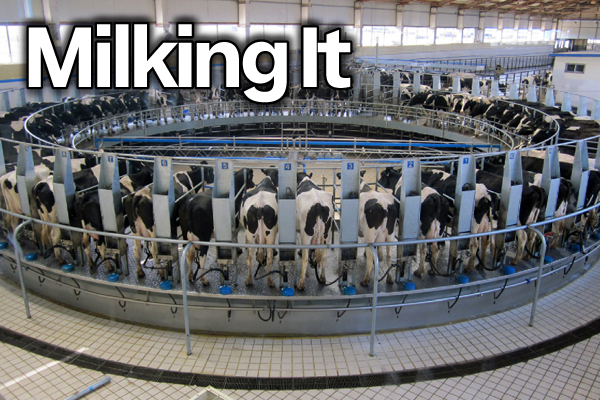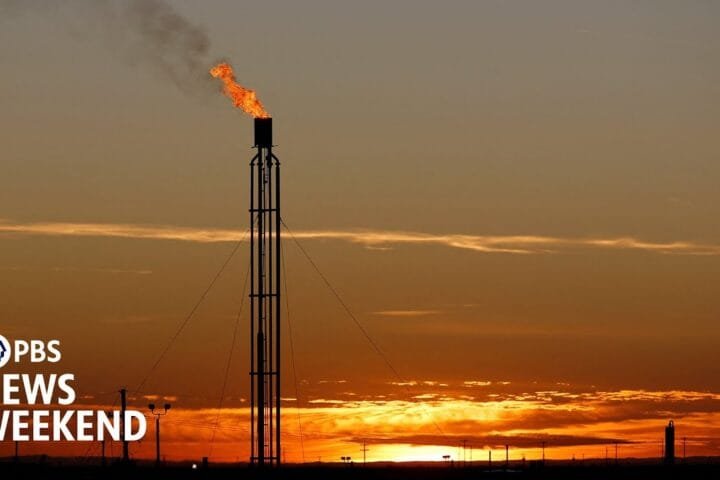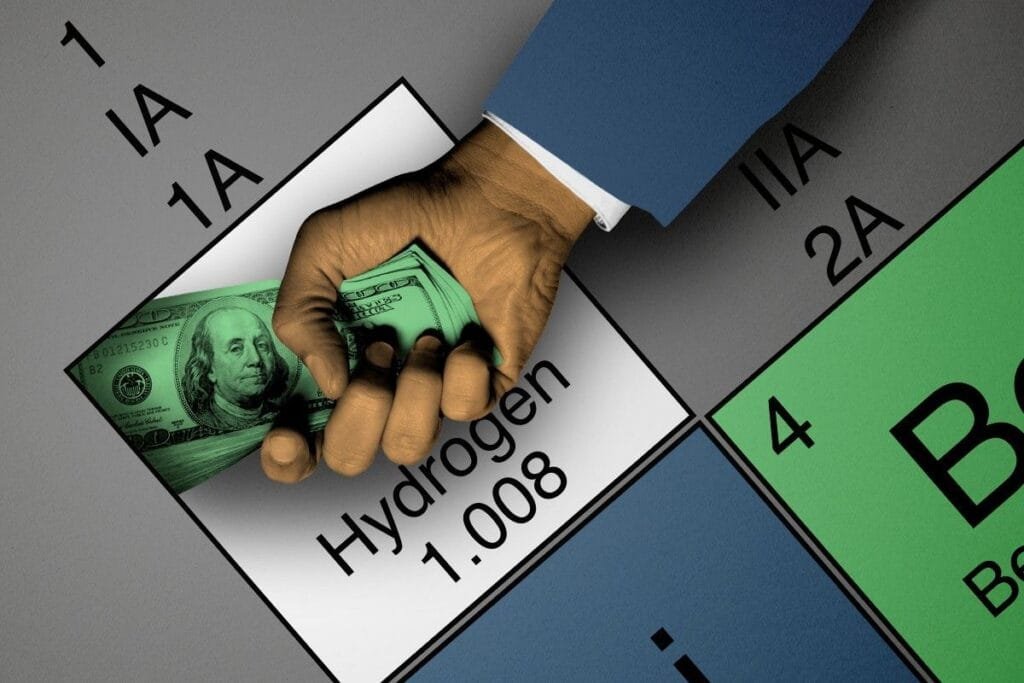"Reducing Methane From Livestock Is Critical for Stabilizing the Climate" originally appeared on Inside Climate News, a nonprofit, independent news organization that covers climate, energy and the environment.
Anyone feeling compelled to look into a bill passed recently by the House of Representatives will see some familiar language.
It may seem wonky—the concern of agriculture or climate policy geeks. But the language relates to one of the country’s biggest sources of an especially powerful climate-warming greenhouse gas: methane from cows. And right now, reducing methane is the world’s best, most expedient strategy for quickly staving off atmospheric calamity.
Written into a must-pass spending bill the House approved in November, the provision prevents the government from funding a law that requires big livestock farms to report how much methane their operations emit. Every spending bill Congress has passed in the last 14 years has contained similar disabling language.
In effect, while Congress has said it wants big farms to report some of their methane emissions, it has also said it won’t give regulators money to do that.
The Environmental Protection Agency (EPA) has, for decades, struggled to regulate agricultural pollution under the country’s bedrock environmental laws, as the livestock industry—and the powerful farm lobby—and their allies in Congress win exemptions from regulation in legislation and court decisions.
Read the full post at Inside Climate News.





